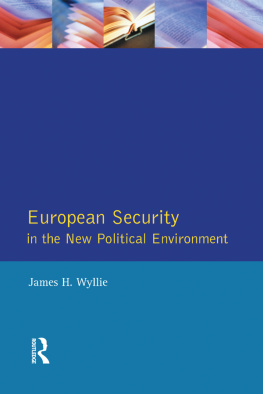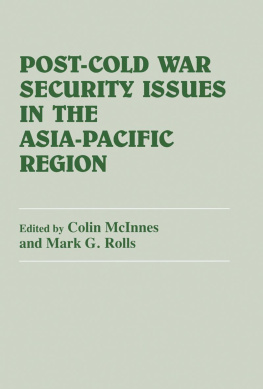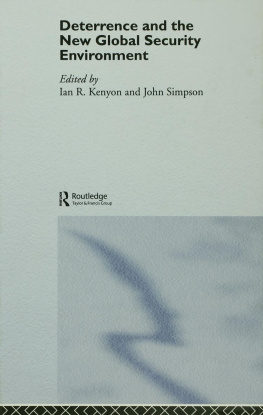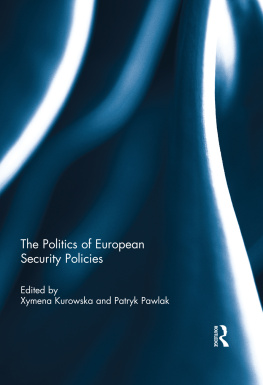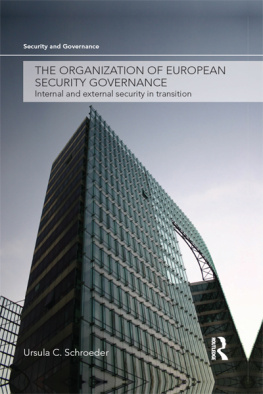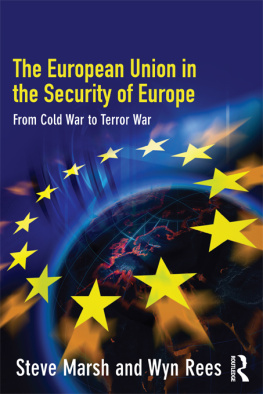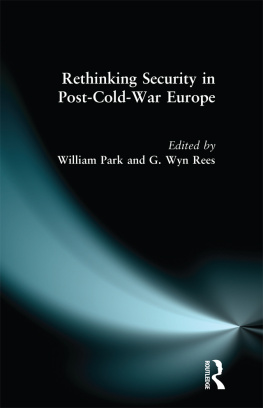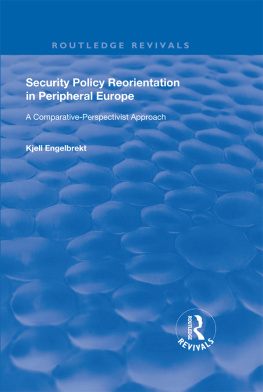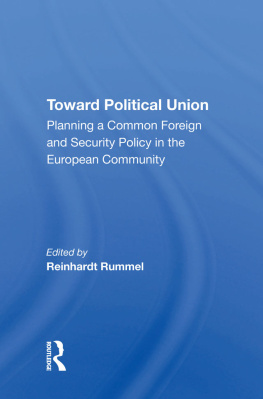First published 1997 by Addison Wesley Longman Limited
Published 2014 by Routledge
2 Park Square, Milton Park, Abingdon, Oxon 0X14 4RN
711 Third Avenue, New York, NY 10017, USA
Routledge is an imprint of the Taylor & Francis Group, an informa business
Copyright 1997, Taylor & Francis.
The right of James Wyllie to be identified as the author of this work has been asserted by him in accordance with the Copyright, Designs and Patents Act 1988.
All rights reserved. No part of this book may be reprinted or reproduced or utilised in any form or by any electronic, mechanical, or other means, now known or hereafter invented, including photocopying and recording, or in any information storage or retrieval system, without permission in writing from the publishers.
Notices
Knowledge and best practice in this field are constantly changing. As new research and experience broaden our understanding, changes in research methods, professional practices, or medical treatment may become necessary.
Practitioners and researchers must always rely on their own experience and knowledge in evaluating and using any information, methods, compounds, or experiments described herein. In using such information or methods they should be mindful of their own safety and the safety of others, including parties for whom they have a professional responsibility.
To the fullest extent of the law, neither the Publisher nor the authors, contributors, or editors, assume any liability for any injury and/or damage to persons or property as a matter of products liability, negligence or otherwise, or from any use or operation of any methods, products, instructions, or ideas contained in the material herein.
ISBN 13: 978-0-582-24403-0 (pbk)
British Library Cataloguing-in-Publication Data
A catalogue record for this book is
available from the British Library
Library of Congress Cataloging-in-Publication Data
Wyllie, James H.
European security in the new political environment: an analysis
of the relationships between national interests, international
institutions and the great powers in post cold war European security
arrangements/james H. Wyllie
p. cm
Includes bibliographical refemces and index.
ISBN 0-582-24402-1 (hardcover). ISBN 0-582-24403-X (pbk.)
1. National securityEurope. 2. EuropePolitics and
government1989- I. Title.
UA646.W9597 1997
355.03304dc20
96-35238
CIP
Set by 8 in 10/12 pt Times
The breaching of the Berlin Wall and the end of the Cold War belong to a previous historical era. They now seem a long time ago, and there is some impatience and frustration that a new, stable security regime for Europe is not in place. The experience of the Cold War, at least in the West, has led to expectations of cohesive, coherent multilateral behaviour which will deliver a new set of stable security arrangements to replace the old. The perceptions of the Cold War created images of cooperative and quasi-integrative international institutions where common interests resided and where the concepts and practice of national security and national interest were relegated.
This book argues that the Cold War was an anomalous period in European history, and that many of the images and expectations created by the Cold War are misleading. The division of Europe into two roughly balanced political and military blocs was an accident of history and produced, for a generation, a crude strategic stability which was quite abnormal for the European condition. It is much more normal for European security conditions to be characterised by fluid regional balances of power, occasional power vacuums, untidy alliance blocs and competitive national interests. The pursuit of national interests, of which national security is the highest, never disappeared in Europe during the Cold War. But given the nature and scale of the Soviet threat, Western cooperation and quasi-integration in defence and economics was undertaken to a degree never before experienced. In the circumstances such policies were deemed the best way for most Western states to address national interests. Now that the Cold War threat is gone, a more distinctive view of national security is reasserting itself. To those imbued with the spirit of international integration and supranationalism this may be regrettable and even short-sighted, but it is the reality of what has happened since the end of the Cold War and it looks like continuing in the near future. Perhaps, in the longer term, global warming, over-population, world trade, and other globalisation issues ought to be the salient international security issues. But now, and at least for the first decade of the new century, governments faced by the real responsibility of safeguarding their peoples are addressing hard, traditional national security issues such as stable frontiers, nonthreatening neighbours, resource security, civil war spillover, balances of power and reasonable guarantees of security. It is not the West which is forcing NATO or WEU membership on the Baltic republics, Slovakia, the Czech Republic, Hungary, Poland and many other aspirants. The governments of these countries have given clear notice that they wish membership of alliances which address traditional national security concerns. Following the logic of their geography and history, some European states are convinced that it is a national security necessity that they win membership of NATO. NATO does not seek the political and strategic problems and sensitivities in, for instance, the Polish clamour for membership but nor can NATO avoid them.

